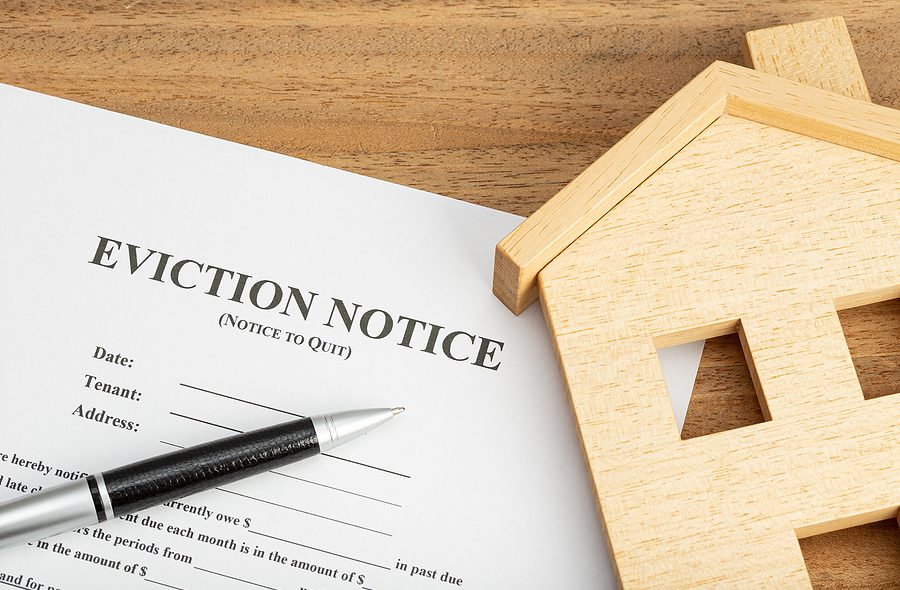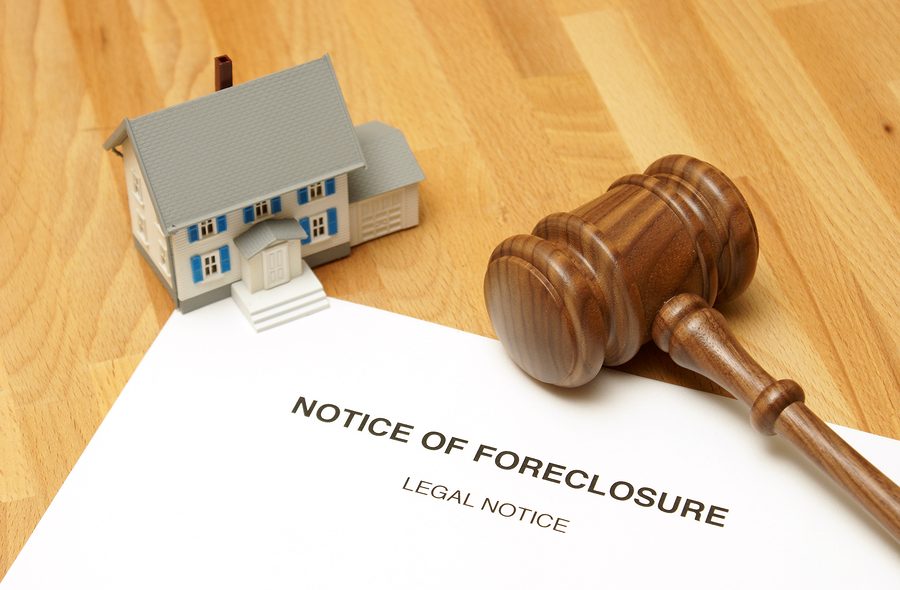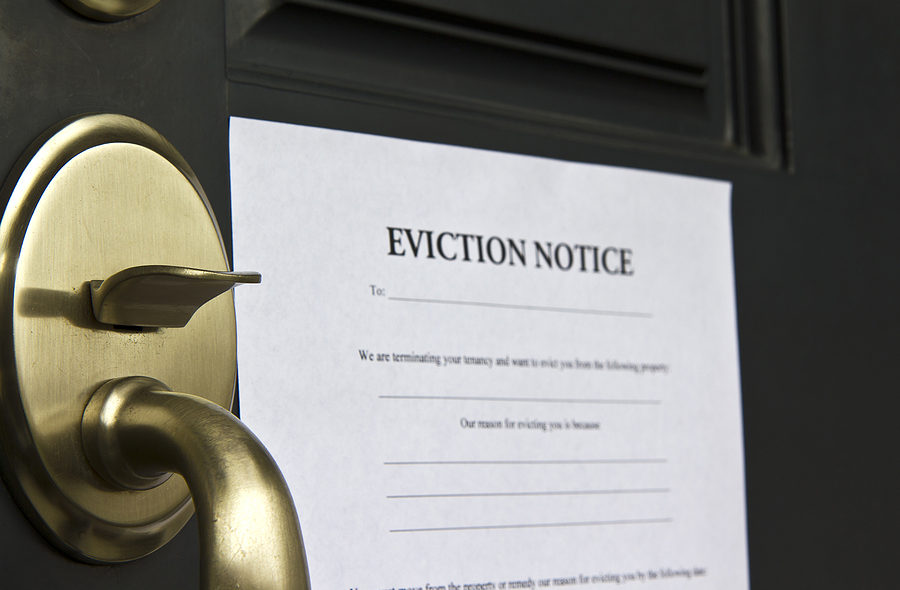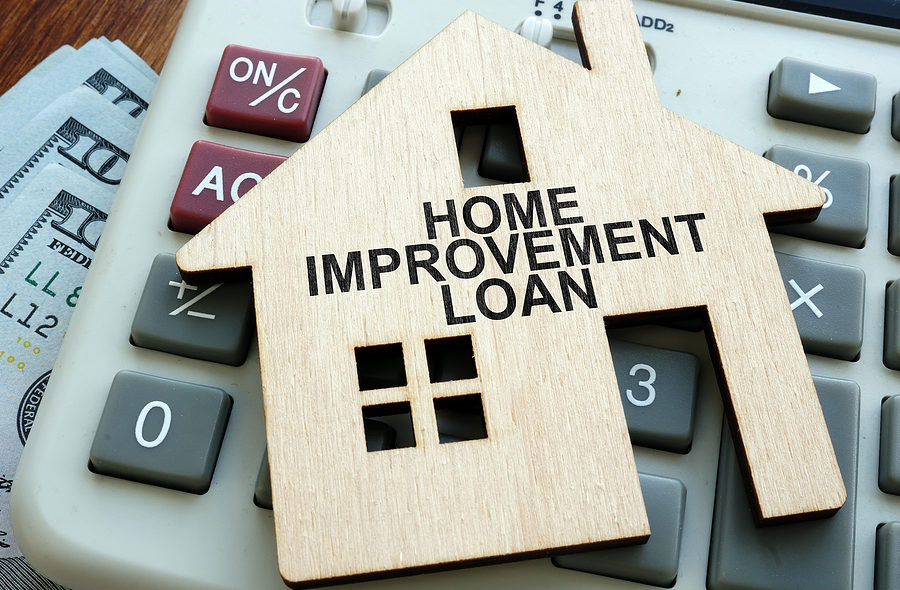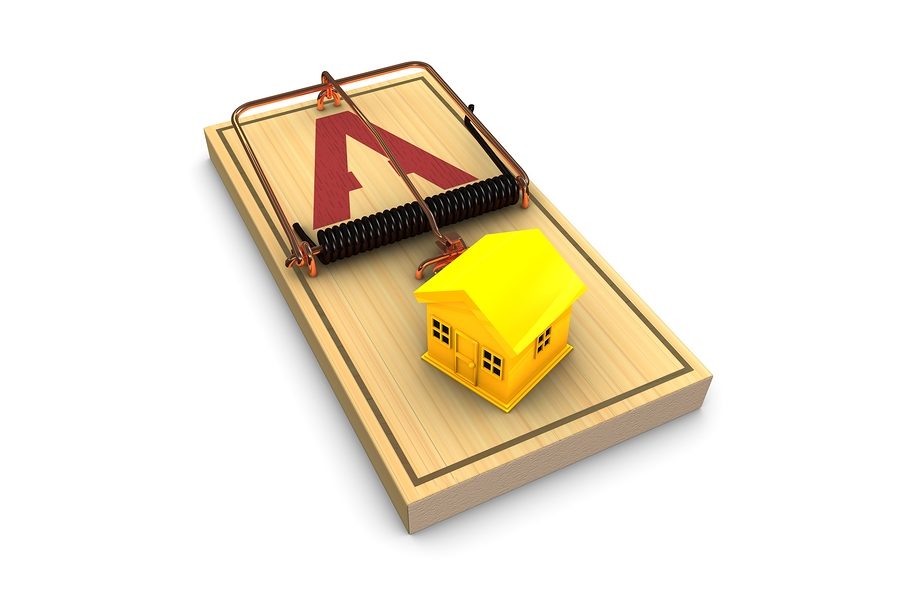While the nation is seeing a drop in the number of foreclosures, Florida is seeing the opposite. For the 12th month in a row, Florida has seen a double-digit annual increase in foreclosure filings.
These figures come from a study published by ATTOM Data Solutions, which reviewed foreclosure starts from May 2018, comparing these figures to those reported in May 2019. On a national scale, foreclosure filings were down nine percent when compared to figures from May 2018. Florida, on the other hand, saw an increase in foreclosure starts of 23 percent when compared to the previous year.
As of May 1, 2019, one in every 1,238 homes had a foreclosure filing in Florida. These numbers are the third highest in the country, behind New Jersey and Maryland. Of the metropolitan areas in Florida, Jacksonville reported the second highest foreclosure rate, reporting that one in every 764 homes were involved in some stage of foreclosure proceedings.
Since January 2019, these numbers have been increasing incrementally. One of the contributing factors for these high foreclosure numbers has to do with the fact that while the cost of living in Florida has gone up, wages have stayed stagnant for several years. Not only have the cost of purchasing a home gone up, but so have insurances and taxes that come with owning a home.
Other factors leading to higher foreclosure rates could have to do with natural disasters that hit the sunshine state more than others, namely hurricanes. Depending on the severity of the storm, homeowners could lose their jobs or even their homes after a hurricane. Insurance can also skyrocket following a natural disaster, also making it difficult for the person to maintain payments on the home.
Choosing the right attorney can make the difference between whether or not you can keep your home. A well-qualified Miami foreclosure defense attorney will not only help you keep your home, but they will be able to negotiate a loan that has payments you can afford. Miami foreclosure defense attorney Timothy Kingcade has helped many facing foreclosure alleviate their stress by letting them stay in their homes for at least another year, allowing them to re-organize their lives. If you have any questions on the topic of foreclosure please feel free to contact me at (305) 285-9100. You can also find useful consumer information on the Kingcade Garcia McMaken website at www.miamibankruptcy.com.
Related Resources:
https://miami.cbslocal.com/2019/06/17/florida-bucks-trend-sees-increases-in-foreclosures/

